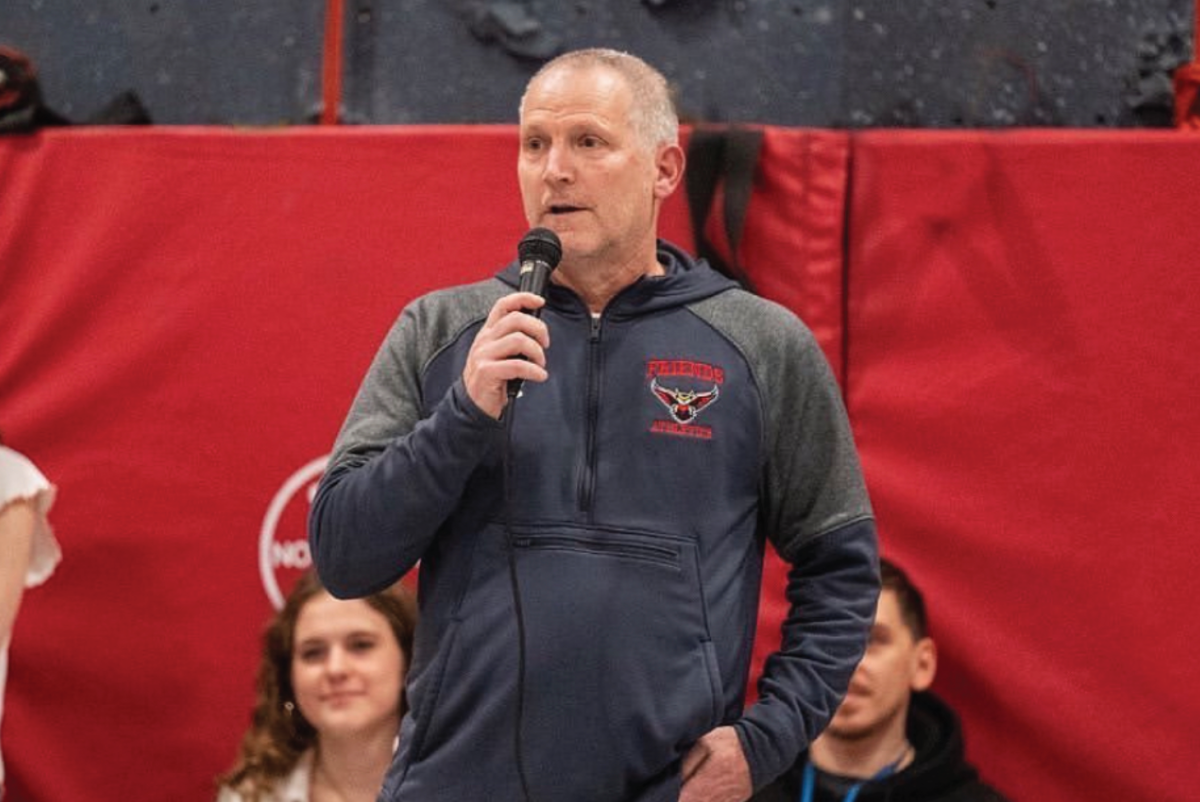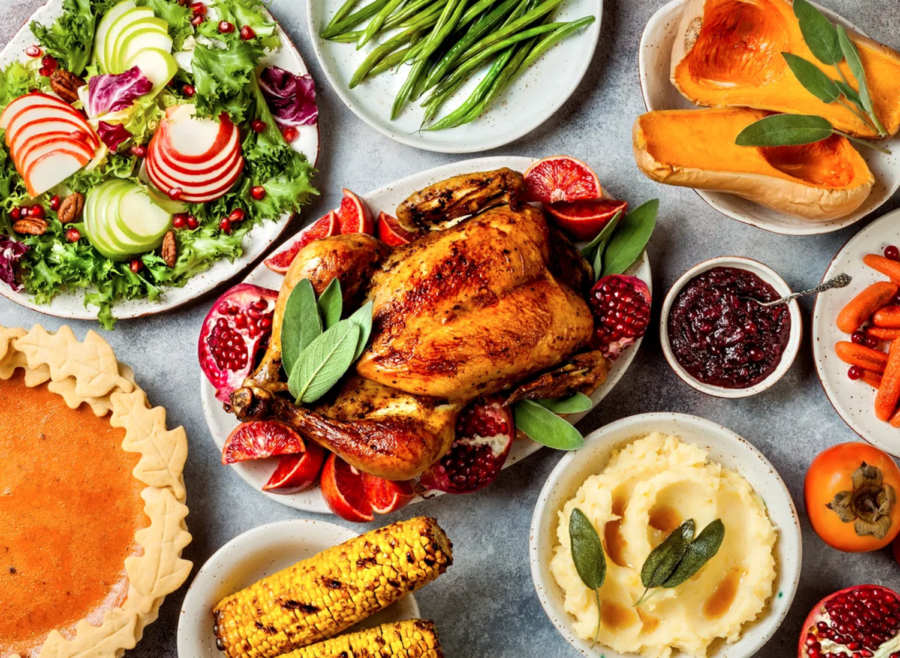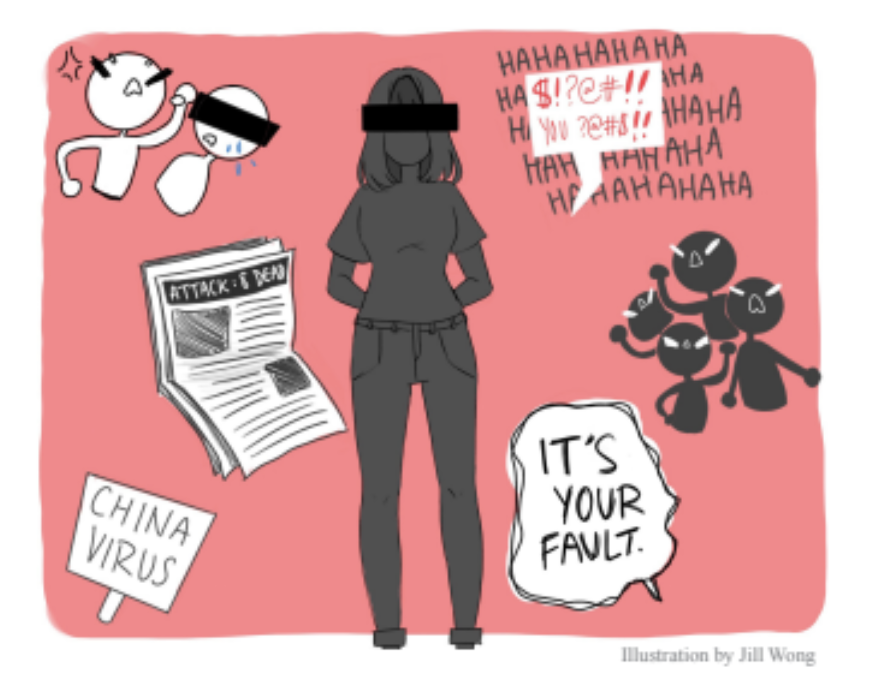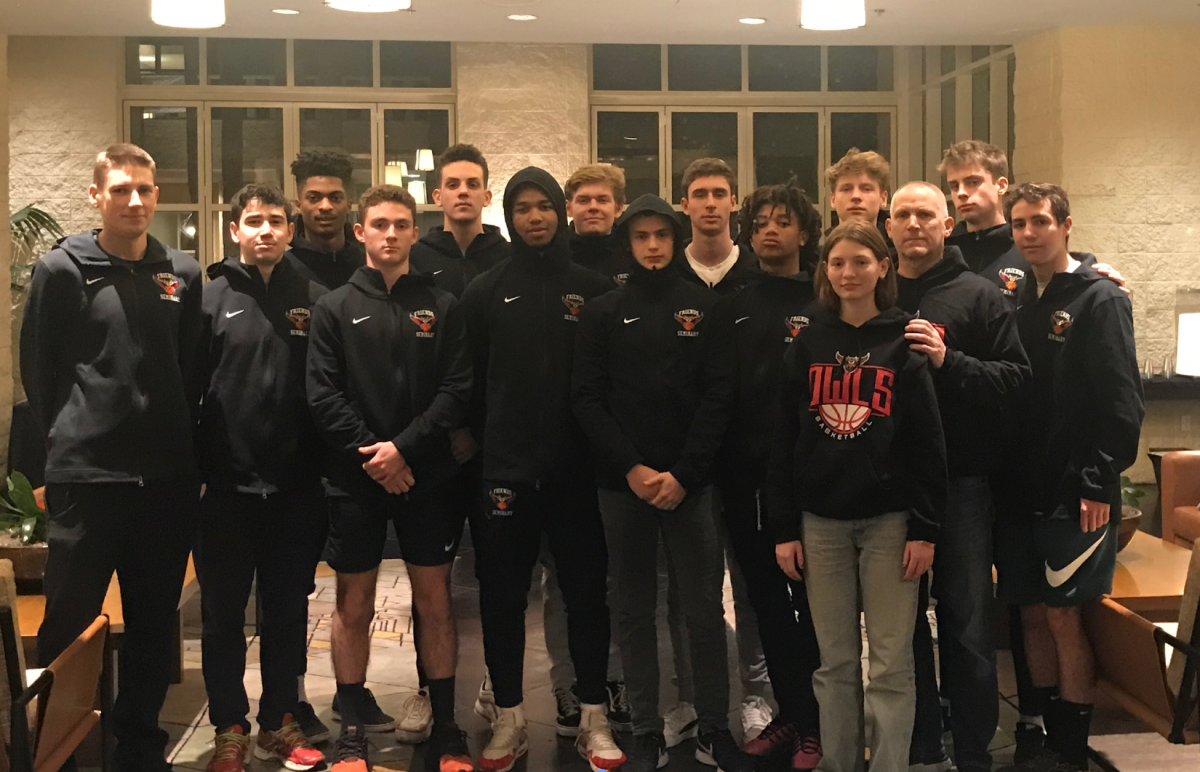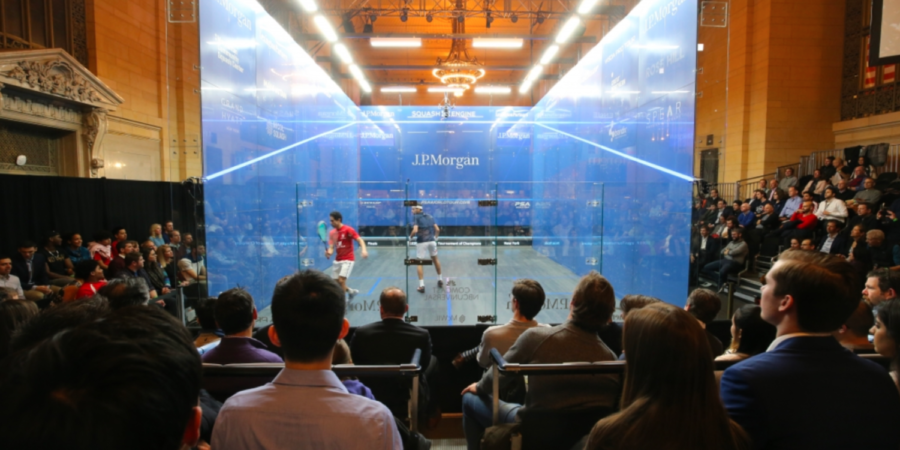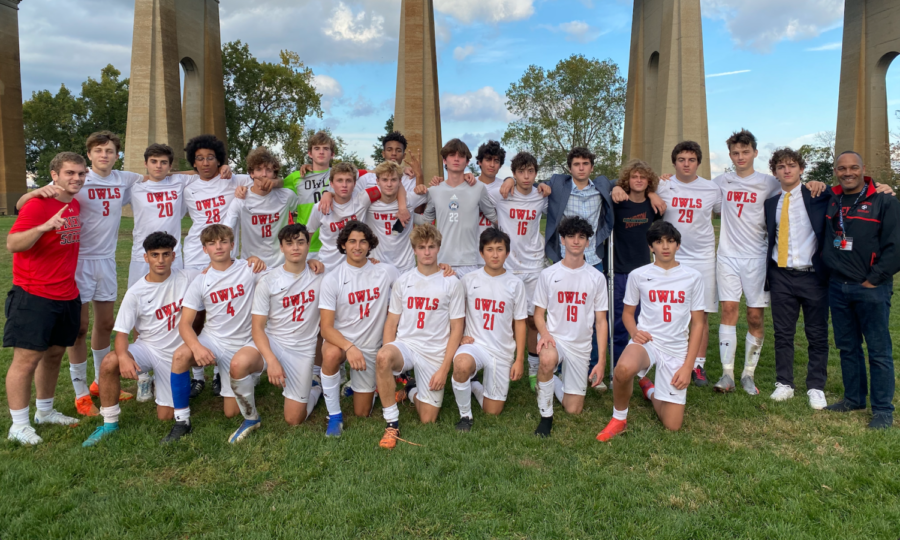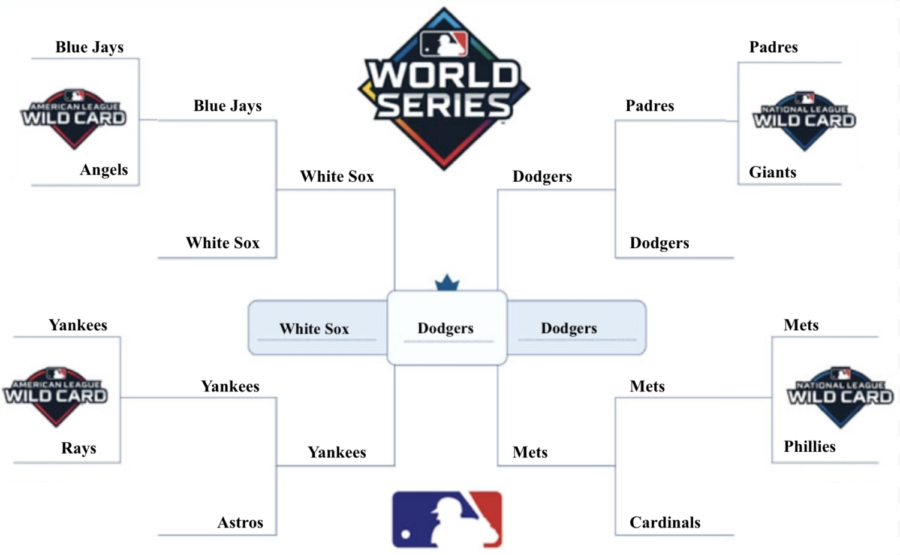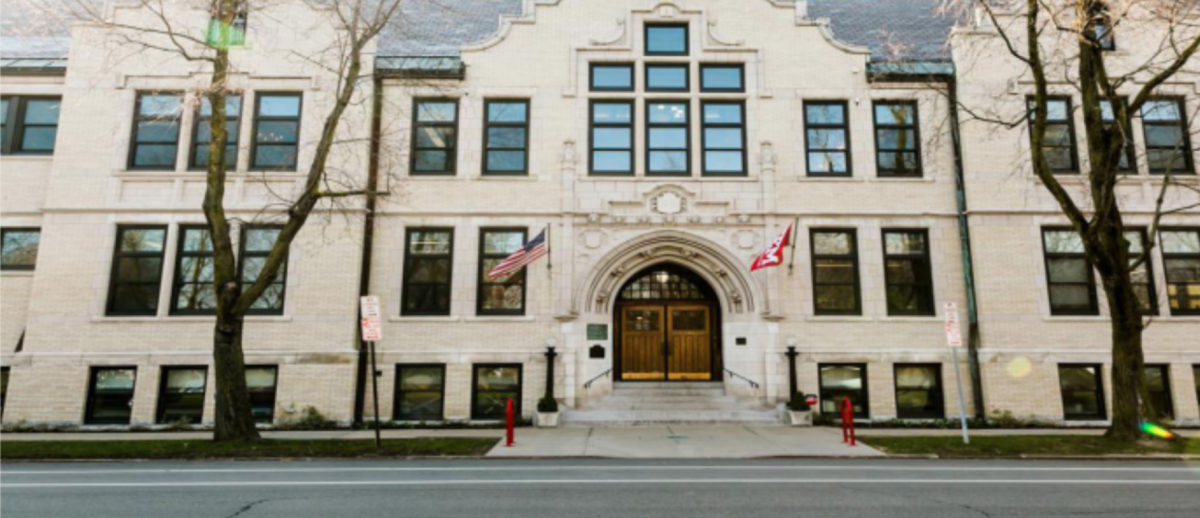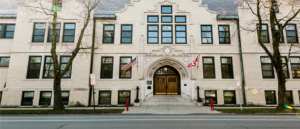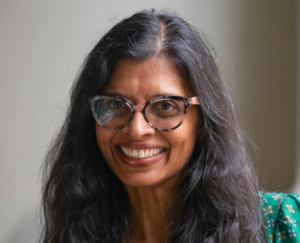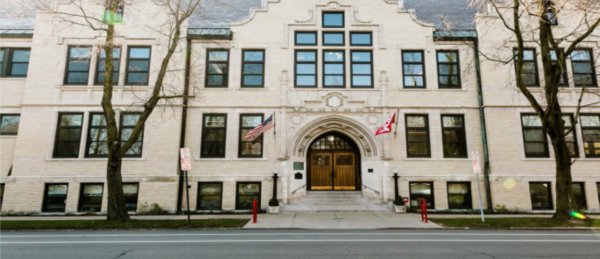Teachers give finals study tips
May 1, 2019
Finals season is rapidly approaching Friends Seminary, causing anxiety among many high school students. Students often have a difficult time studying, or even knowing how to start. In order to help relieve some of the stress, The Insight reached out to teachers from every department to get their tips on how to study for final exams.
English –– Tommy Fagin
Tommy Fagin teaches ninth-grade English and is also a member of the Academic Center staff. When asked about studying for the English exam, Fagin’s first suggestion is re-read the books. If this is not possible, he encourages students to read over important or challenging passages in the text. He also advises to look over past tests. While these questions likely will not repeat on the final exam, there could be some similarities. Additionally, because all the English finals have a grammar section, Fagin suggests practicing grammar using exercises. He also mentions that students should attend any review sessions a teacher offers, because “the best resource you can get is straight from the horse’s mouth, they will likely give you some indication of what you’re going to be responsible for.” He recommends that students study with friends, making sure that they’re not studying with someone who will distract them. Fagin adds that the Academic Center is always a good resource, where students can get assistance from either himself or Coleman Hall. He says, “If you’re concerned about not knowing where to start or not feeling like you are sure what you should do, your teacher’s going to be your best resource, so talk to them.” He concludes by saying, “The most important thing is not to stress too much. A little stress is good, … but don’t think that this is going to be some kind of punishing ordeal. …It’s just a longer test, it’s important, but not worth losing sleep over.”
History –– Stefan Stawnychy
Stefan Stawnychy teaches tenth-grade world history, AP US History, and Rock and Roll, a senior history elective. He gave recommendations on how to study for a history final and also the US History AP exam. Stawnychy suggests that students start preparing for a final exam about a week before the test and for an AP exam, about two and a half weeks prior to the test. His main tip is to make a study guide, saying, “that’s the easiest way to … take what oftentimes appears to be … this whole glut of information and sort of begin to compartmentalize it in an orderly fashion.” Additionally, he explains that for a history exam, “the more you …see how things connect, the better you are at remembering them.” He also recommends that students attend the review sessions if a teacher provides them. He advises people to study both alone and with peers, because “when you study with other people, they might have stuff in their respective guides that you either forgot or sort of glossed over. It’s also a good time to bounce questions off of each other.” Stawnychy concludes by recommending that students break up all the information they need to know into different sections, which can make studying more manageable. He explains, “The more you break it down into its incremental parts, the easier it is to digest it and process it.”
World Languages –– Jennifer Gentle
Jennifer Gentle teaches multiple levels of Spanish at Friends Seminary. When asked about the ways to prepare for finals, she gave some general tips that can be useful for all exams. Gentle begins by advising students to talk to their teachers to get any suggestions on how to prepare for that specific exam. Next, she recommends that students spread out their time when studying, “I like to work for thirty minutes and then take a ten minute break to move, and hydrate, and have some snacks, and then work another thirty minute session.” She also suggests making a practice problems with an answer key, after you complete all the problems, you can then know what topics you need to review. Specifically when studying for a language exam, she mentions, “just in general, for learning a language, as much as you can practice outside of class, the better. Listening, speaking, reading, writing, anything you can do outside of class on your own to practice is great.”
Science –– Mr. G
John Garnevicus teaches ninth-grade physics, two astronomy electives, and AP Physics. When asked about his tips on studying for the science final, he begins by saying that this test requires a different type of studying, explaining that, “You’re trying to remember things you already know rather than learn something new.” Garnevicus explains that cramming is not a productive way to study, and instead, you should be reminding yourself of the major topics. He advises to “organize the knowledge that already exists for you into a way that you can access it during the exam.” In terms of the techniques that work best for studying, Garnevicus recommends that students make study guides that center around big ideas and then use practice problems to test their knowledge. He ends by explaining that if students make small study guides for each unit, then “when you get into the test, you’ll see a problem, and certainly you will be able to identify, for example, ‘this is a waves problem,’ and then right away, rather than digging through the information in your head about physics in general, for example, you could think very specifically about your little study guide related to core waves ideas, and that centers you, that focuses you.”
Math –– Melanie Smith
Melanie Smith teaches algebra/trigonometry A and eighth grade math. After asked about her studying tips, she first advised students to complete every problem on the review packet, if one was supplied by the teacher of the class. She explains, “sometimes it’s helpful to do it once in the beginning […] to figure out what you know and what you don’t know. Then, do it again later without using any resources to make sure you really know it.” Smith recommends that students look back at previous tests to assess what they did wrong. She adds that making a study group is also a good idea: “you can give everyone a unit, and everyone makes practice problems for that unit. Because then, not only does everyone get to practice, but the act of making a problem is good practice.” Smith also explains that practice problems are the most productive way to study math, and adds that making a formula sheet can be beneficial as well. By memorizing all the formulas and practicing writing them down, during the test, “you don’t have to use your brain space” to remember a formula.


